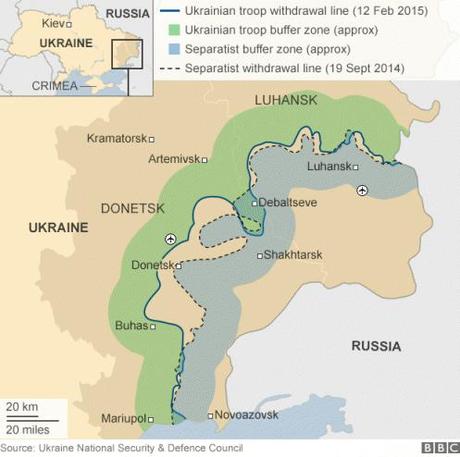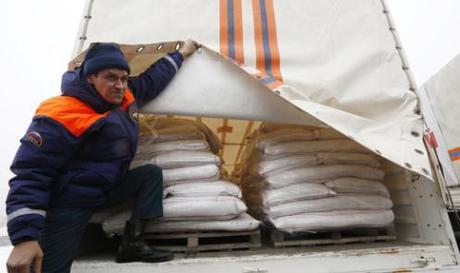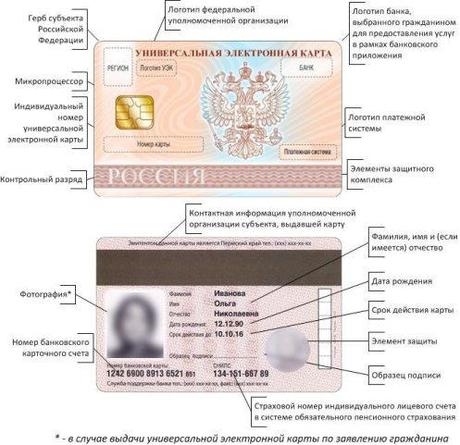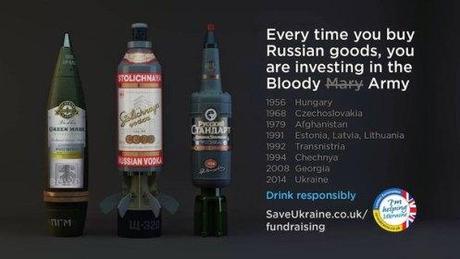Here are some of the stories making news…
Despite new “cease-fire” agreements, the fighting continues in Eastern Ukraine:
Shelling has continued around the Ukrainian town of Debaltseve. The small town is a vital transportation hub for the region, and despite promises to abide by the latest cease-fire agreement, Russian terrorists say that they have every right to continue battling for the town. War is hell. Apparently it is also never-ending. While the BBC has been busy filming the withdrawal of Ukrainian heavy arms, the Russian side has apparently forgotten to mark their calendars.
Russian terrorists have continued shelling the Ukrainian town of Debaltseve. Why not obey the agreed upon cease-fire? DNR leaders say that because they previously claimed it for themselves, they will continue to fight until the town is conquered.
OSCE spokesman Michael Bociurkiw told the BBC that Russian terrorists have denied access by international monitors to Debaltseve.

Another Russian “Humanitarian Convoy” enters Ukraine:
Hundreds of Russian trucks claiming to be filled with humanitarian supplies entered Ukraine on Sunday, 15 February, and again the contradictions were astounding. The Russians declared that the International Red Cross was participating. That promoted the International Committee of the Red Cross to disavow the claim, saying they had no knowledge of the convoy. The Russians claimed that Ukrainian inspectors checked the trucks and approved the border crossing. In spite of massive TV coverage by Russian television, Ukrainian inspectors did not have the opportunity to inspect the trucks. Journalists following the convoy were allowed to select one truck each for a spot inspection. The rest of the trucks were off-limits.

The convoy was split for Donetsk and Luhansk and entered via the “Donetsk” and “Matveev Kurgan” checkpoints. Journalists counted 176 vehicles, although the Russian Ministry of Emergency Situations put the number at 150. Ministry documents noted that most of the loads were non-humanitarian in nature, listing lubricants, printing paper and textbooks for the bulk of the trucks. Oleg Voronov of the Russian Emergency Situations Ministry staff told TACC Russian news agency that textbooks and teaching materials were delivered to integrate the Donetsk National University curriculum with that of Moscow State University.
Russia recently banned the use of older school history texts in Crimea, and substituted new history texts from Moscow which explain how Crimea was “illegally” given to Ukraine in the 1950s, and how the recent annexation of Crimea by Russia was therefore justified.
Complaints of USS Cole in Black Sea:
On February 8, the USS Cole entered Black Sea waters, and in a statement from fleet headquarters, the warship was sent by the United States to “ensure peace and tranquility in the region.” Naturally Russia has protested, citing the Montreux Convention which states that warships of non-Black Sea nations cannot stay in Black Sea waters for longer than 21 days. The Russians further complained that the USA has sent a total of nine warships into territorial waters in the past 12 months.
The Montreux Convention is the 1936 agreement granting Turkey control over the Bosporus Straits and the Dardanelles. The agreement regulates the transit of naval warships via the Black Sea. Oddly, the Russian complaints fail to mention the charges by Turkey of many Russian violations of the convention.
Also, Russia seems to have forgotten about the Budapest Memorandum, in which Russia, the United States, and several other nations pledged to respect and protect the territorial sovereignty of Ukraine.
Russia to replace Internal Passports with digital ID cards:
The Federal Migration Service has announced that effective immediately, Russian internal passports are being phased out in favour of new plastic ID cards with data chips embedded.

The FMA told RIA Novisti News that the new cards will contain pertinent “personal data of the citizen, including biometric personal data, as well as other data, recorded in electronic form on an integrated circuit.” The name of the new IDs will be called Universal Electronic Cards (универсальная электронная карта).


